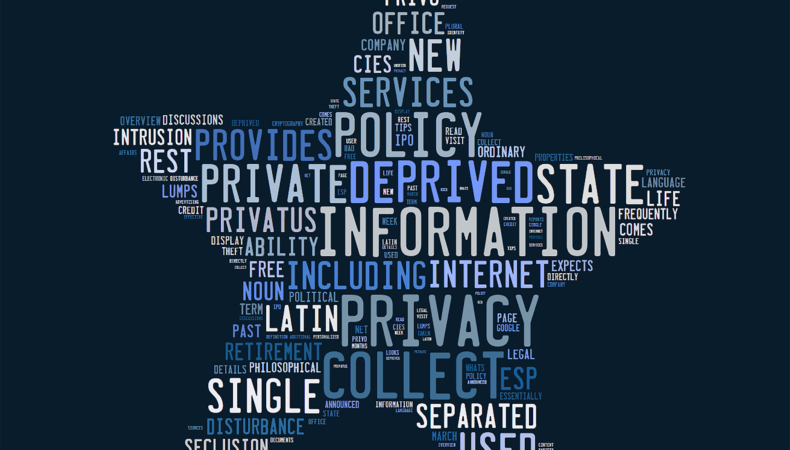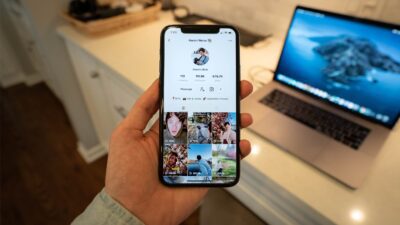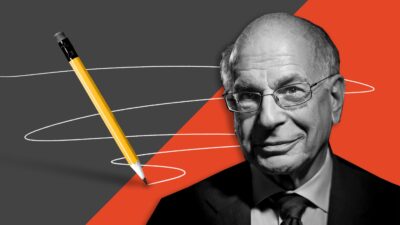Sydney Business Insights

The future of you
Your future is not yet written: Yes automation, AI and the digital economy threaten us all with a jobless, alienated and increasingly lonely life. But the choices regarding the use and purpose of technology are still just that – decisions that are being made every day by companies, governments and individuals. Here are some ideas currently being tested that aim to put people at the centre of discussions about a better AI future.
Universal Basic Income: A primer
With business minds such as Elon Musk and Richard Branson talking up the virtues of a Universal Basic Income (UBI), 2018 was the year to get your head around this radical policy to counter poverty. While UBI discussions have been around for decades the current concern around mass redundancies driven by automation has reinvigorated the issue. Countries as diverse as Kenya, the US and India are running UBI trials, so 2019 may be the year to pay attention to the details.
Loneliness, it’s not just about you
When the UK Government appointed a Minister for Loneliness, it recognised that feeling lonely has a social and economic cost. With the gig economy demanding ever more ‘nimble’ workers, fragmented social relationships are a real threat. Loneliness has a mortality statistic: being lonely can reduce a person’s life span the equivalent of smoking 15 cigarettes a day. Just as many governments ultimately saw the wisdom in developing anti-smoking programs will we see more state initiatives dealing with the threat of social alienation?
Imagine… a world where Facebook pays you
Ok so that horse has already bolted, but some start-up companies are offering to pay users for their data. The ‘Internet of Me’ philosophy aims to correct the exploitation in personal data markets. The benefits are not just financial: more accurate personal information should allow for better targeted ads. Meh? But what if getting paid for our data means we are willing to offer up more honest information, allowing for better trained AI systems that could improve a whole lot of stuff – such as more personalised health services. Tick that box?

Privacy: your human right
Apple CEO Tim Cook believes privacy is a fundamental human right and a core operating principle of his company. Sure the luxury of selling expensive hardware makes it possible to offer your customers a higher level of data protection. But for cheap (or ‘free’) software platforms – Facebook, Google, Amazon – tracking and selling our data is their core business model. Will privacy be a rich person’s privilege? Or will we start to value our data – and demand that companies do too?
Image: Marcy Leigh | Flickr
Sydney Business Insights is a University of Sydney Business School initiative aiming to provide the business community and public, including our students, alumni and partners with a deeper understanding of major issues and trends around the future of business.
Share
We believe in open and honest access to knowledge. We use a Creative Commons Attribution NoDerivatives licence for our articles and podcasts, so you can republish them for free, online or in print.










